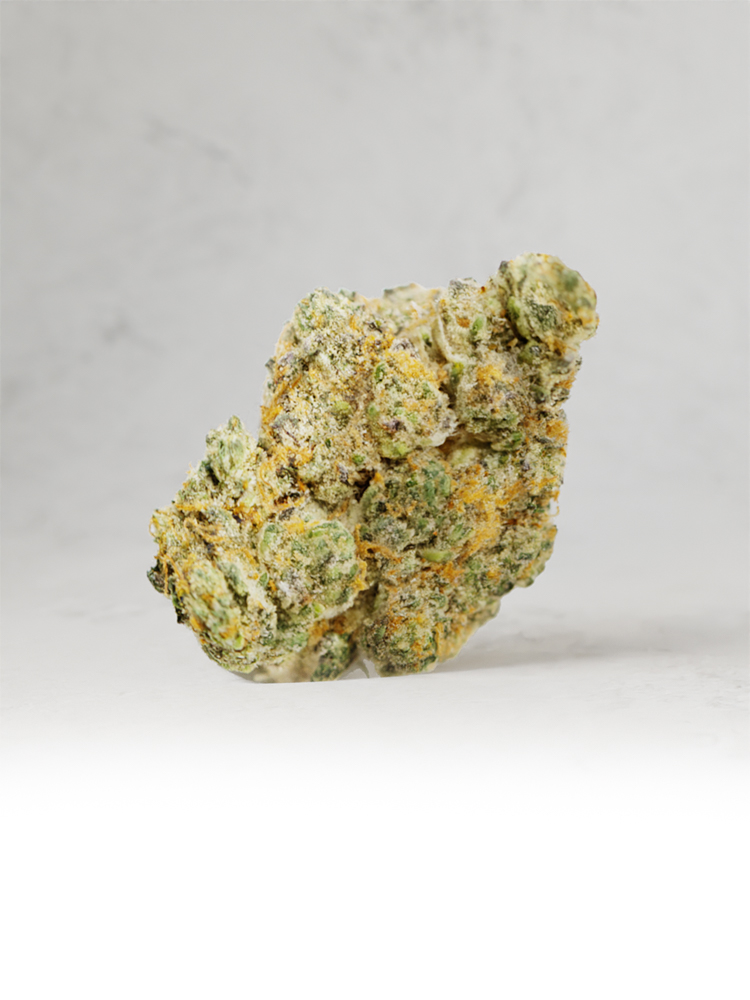THC cartridges, which contain concentrated tetrahydrocannabinol THC, have gained popularity for medical use due to their convenience and effectiveness in delivering therapeutic benefits. THC is the psychoactive compound found in cannabis, and when used under medical supervision, it can provide relief for a variety of conditions, such as chronic pain, nausea, anxiety, and muscle spasms. The use of THC cartridges in medical treatment has been embraced by patients and healthcare providers alike due to the controlled dosage ease of use, and rapid onset of effects. The efficacy of THC in managing symptoms associated with various medical conditions has been well-documented in numerous studies. THC cartridges, which are often vaporized and inhaled, provide patients with a fast-acting method to relieve symptoms such as pain, inflammation, or nausea. In conditions like multiple sclerosis, cancer, and arthritis, where patients experience chronic pain or chemotherapy-induced nausea, THC has shown promise in offering substantial relief. Furthermore, some patients with anxiety and PTSD report that THC cartridges help them manage their symptoms more effectively than traditional medications, though responses can vary based on the individual.
 Because the vaporized form of most potent thc cart allows for rapid absorption into the bloodstream, patients often feel its effects within minutes. This can be crucial for those who need immediate relief, such as during an acute pain episode or sudden onset of nausea. Compared to other delivery methods like edibles, which may take longer to kick in, THC cartridges offer a quicker alternative, which can be especially beneficial in medical contexts. When it comes to dosage, THC cartridges offer a significant advantage in terms of control and precision. Most cartridges come pre-filled with specific concentrations of THC, allowing patients to start with low doses and gradually increase as needed under medical supervision. A general guideline for novice patients is to start with a lower concentration e.g., 1-2 mg of THC per inhalation and monitor their response before increasing the dose. This titration process is essential because THC’s effects can be potent, especially for individuals who have not used cannabis before. For patients using THC cartridges for chronic conditions, consistency in dosing is crucial.
Because the vaporized form of most potent thc cart allows for rapid absorption into the bloodstream, patients often feel its effects within minutes. This can be crucial for those who need immediate relief, such as during an acute pain episode or sudden onset of nausea. Compared to other delivery methods like edibles, which may take longer to kick in, THC cartridges offer a quicker alternative, which can be especially beneficial in medical contexts. When it comes to dosage, THC cartridges offer a significant advantage in terms of control and precision. Most cartridges come pre-filled with specific concentrations of THC, allowing patients to start with low doses and gradually increase as needed under medical supervision. A general guideline for novice patients is to start with a lower concentration e.g., 1-2 mg of THC per inhalation and monitor their response before increasing the dose. This titration process is essential because THC’s effects can be potent, especially for individuals who have not used cannabis before. For patients using THC cartridges for chronic conditions, consistency in dosing is crucial.
Medical providers often recommend starting with small doses to prevent any adverse effects, such as dizziness, anxiety, or heightened psychoactivity, and to allow the body time to acclimate to the cannabinoid. Patient experiences with THC cartridges vary widely depending on their medical conditions, tolerance levels, and prior cannabis use. Many patients report significant improvements in their quality of life after incorporating THC cartridges into their treatment plans. Patients with chronic pain, for instance, often describe the rapid relief and long-lasting effects as transformative, allowing them to manage their symptoms without the sedative effects often associated with traditional pain medications. For those suffering from anxiety or PTSD, however, the psychoactive effects of THC can sometimes exacerbate symptoms, making it essential for patients to work closely with their healthcare providers to find the optimal dose and strain. Overall, THC cartridges have proven to be an effective and flexible option for patients seeking medical relief through cannabis.
